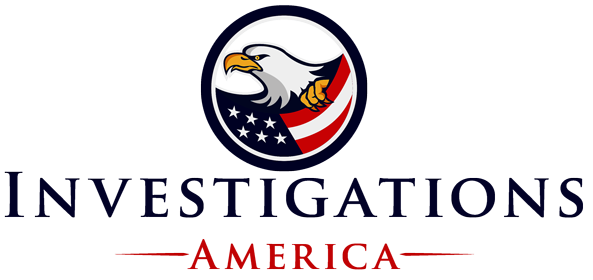How We Support Victims of Abuse, Stalking, and Harassment
The Hidden Pain: Why Victims Turn to Private Investigators
Victims of abuse and stalking often feel unseen, unheard, and unprotected. When traditional systems fail to provide timely help or sufficient proof for legal action, private investigators step in to fill the gap. Their work goes beyond surveillance—it includes documentation, digital tracing, and uncovering hidden patterns of harassment that victims may not be able to prove on their own.
Common Scenarios Where PIs Assist:
-
Domestic abuse survivors needing to document violations of restraining orders or gather evidence of ongoing threats.
-
Stalking victims unsure of who’s following them or how their information is being leaked.
-
Online harassment cases involving anonymous social media accounts or cyberstalking.
-
Custody battles where abusive behavior is difficult to prove without professional documentation.
Tools and Techniques: More Than Just Surveillance
Private investigators use a range of tools to discreetly and legally gather information:
-
Video and photographic surveillance to document behavior patterns, trespassing, or violations of no-contact orders.
-
Background checks to uncover criminal records or past restraining orders.
-
Social media investigations to track fake accounts, threats, or ongoing contact against court orders.
-
GPS and vehicle tracking (where legal) to prove proximity or stalking behavior.
-
Witness interviews to build corroborative evidence from neighbors, coworkers, or friends.
Each case is handled with care, ensuring that privacy laws are followed and evidence can be admissible in court.
Collaboration with Legal and Support Systems
Private investigators don’t work in isolation. Their efforts are often aligned with:
-
Attorneys, to strengthen family law or civil cases.
-
Law enforcement, by providing actionable leads or documentation that justifies legal protection.
-
Victim advocates, shelters, and therapists who support the emotional and physical safety of survivors.
Many victims lack the resources or emotional bandwidth to coordinate all these elements themselves. A good investigator helps by offering a bridge between what the victim knows and what the legal system requires.
Ethics and Sensitivity: The Human Side of PI Work
Investigating abuse and harassment cases isn’t just about evidence—it’s about empathy. Private investigators must handle each case with discretion, patience, and trauma-informed communication. Often, clients are scared, vulnerable, or unsure if what they’re experiencing “counts” as stalking or abuse. A compassionate PI listens without judgment and helps bring clarity to a chaotic situation.
Real-Life Impact: When Evidence Changes Everything
In many cases, the intervention of a private investigator makes the difference between legal inaction and legal protection. Examples include:
-
A PI documenting repeated uninvited appearances by an ex-partner that violated a protective order, which led to an arrest.
-
Gathering digital evidence of a stalker using anonymous accounts to harass a victim across platforms—evidence the victim couldn’t connect on her own.
-
Helping a mother prove her ex was abusing substances during visitation, resulting in a revised custody arrangement that kept her child safer.
These aren’t just investigations—they’re lifelines.
When to Reach Out to a Private Investigator
Victims should consider working with a PI when:
-
They fear for their safety but lack hard evidence.
-
Law enforcement is unable to act due to insufficient proof.
-
They need additional documentation to strengthen a legal case.
-
They feel overwhelmed and need a skilled professional to untangle complex patterns of abuse or stalking.
